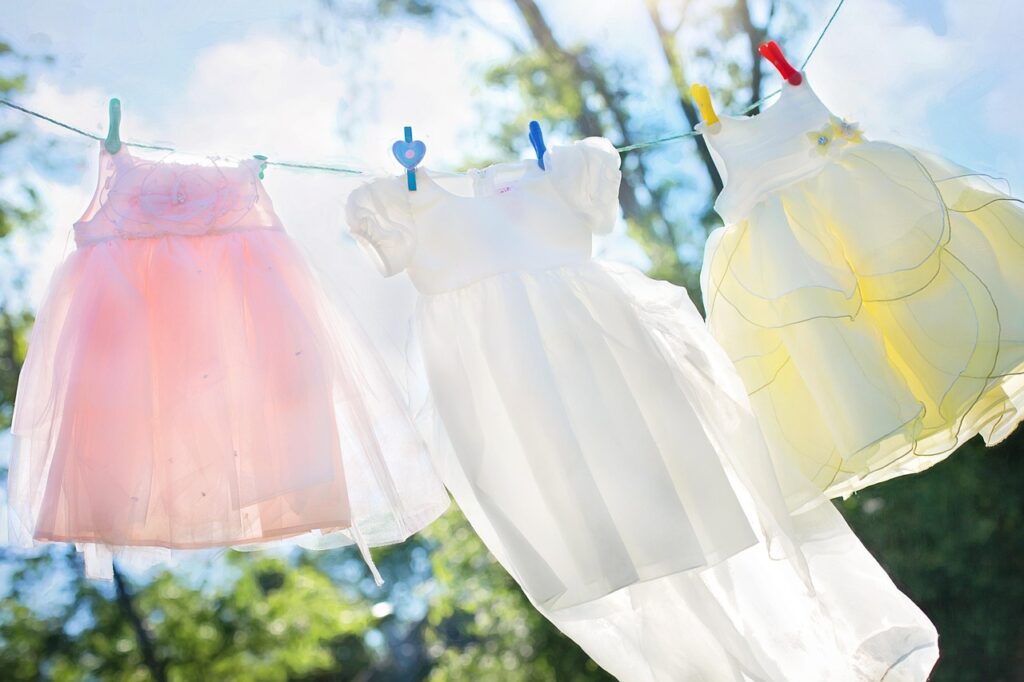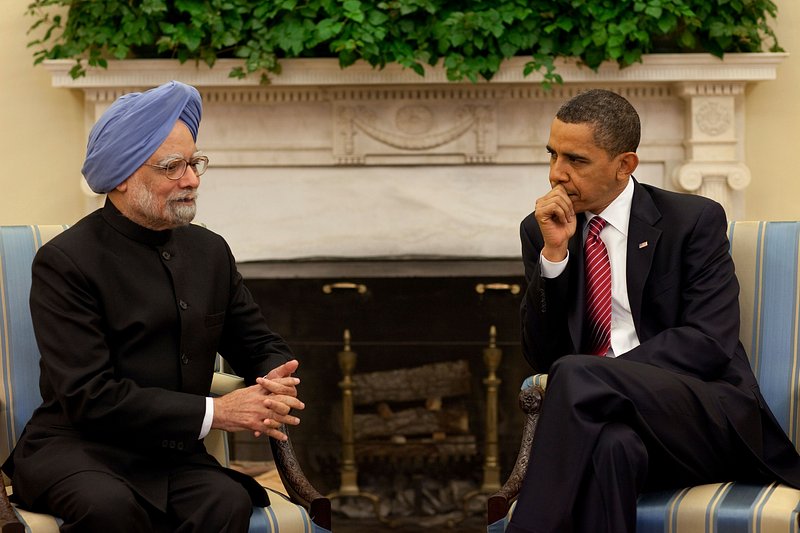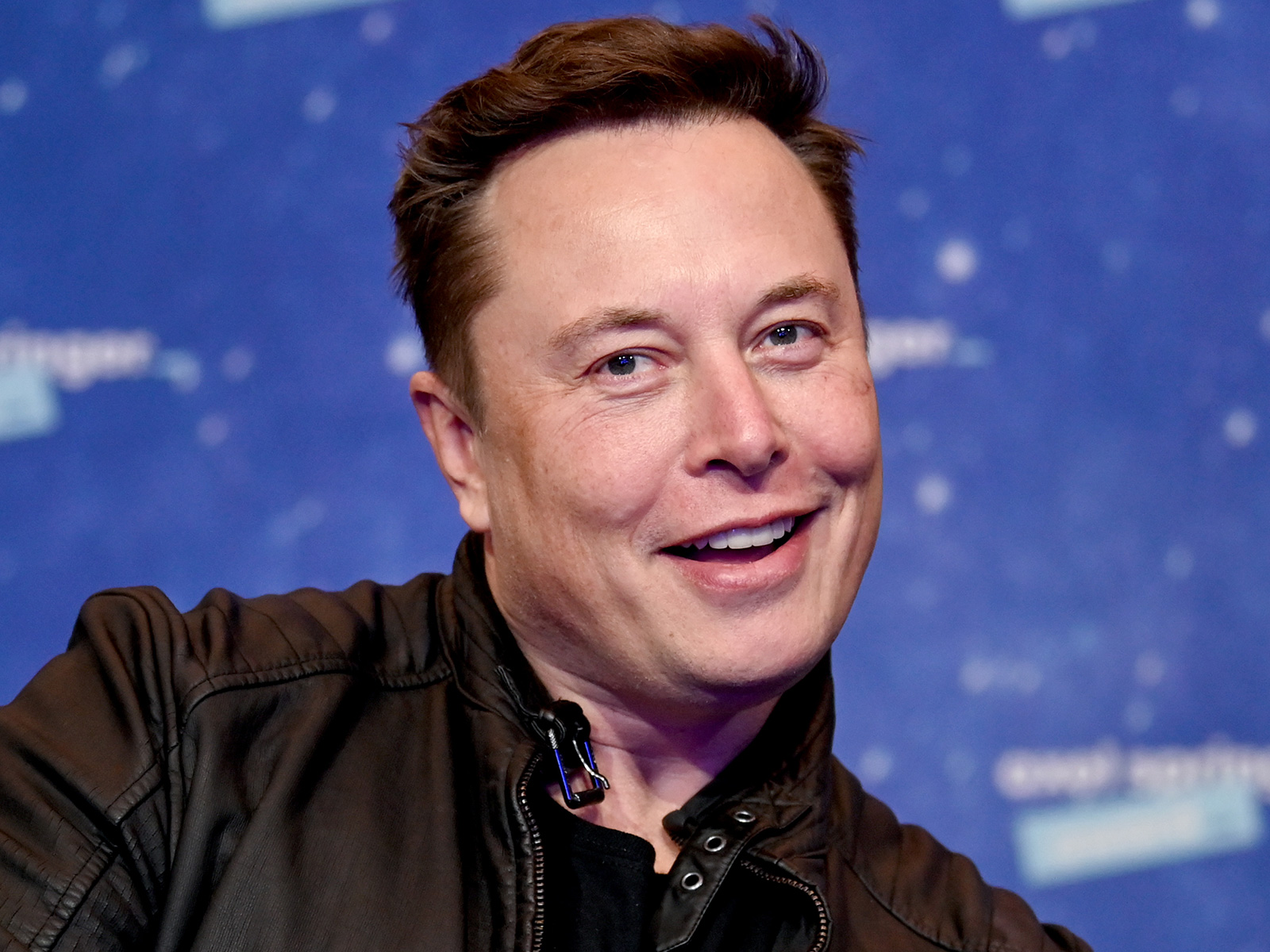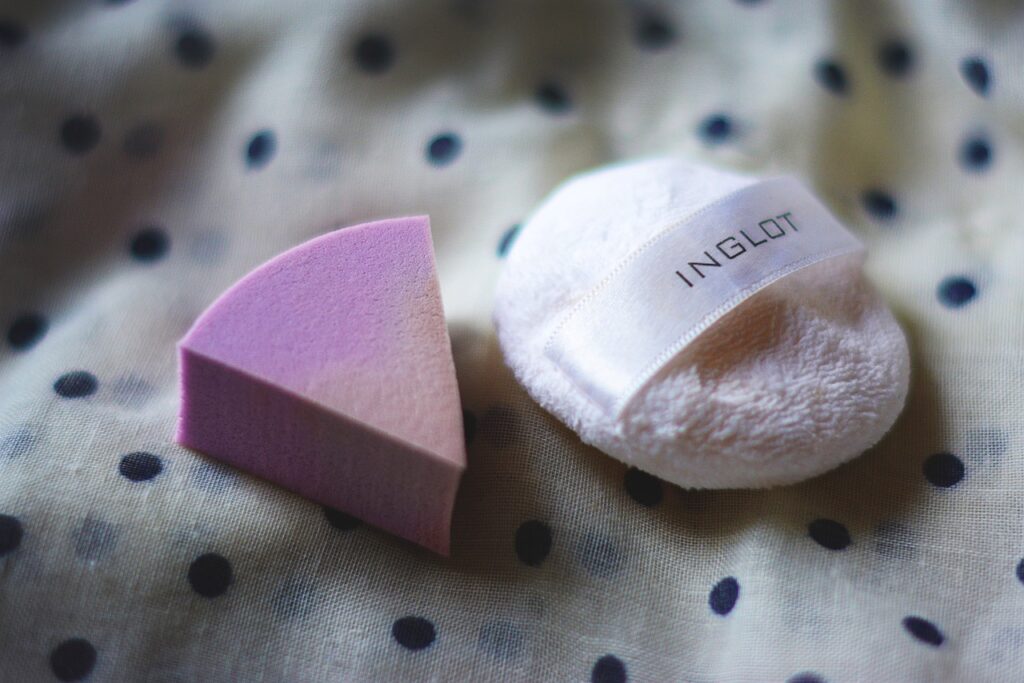
The world of the ultra-rich often conjures images of endless indulgence, private jets, and bespoke everything. We envision children of billionaires living lives devoid of typical restrictions, where every whim is instantly catered to. However, beneath the gleaming facade of generational wealth and opulent lifestyles, a surprising reality exists. Many affluent parents, far from coddling their offspring, implement highly specific—and often quite unusual—rules designed to shape their children into responsible, grounded, or perhaps, simply *different* individuals.
These aren’t your average ‘clean your room’ or ‘finish your homework’ directives. These are parenting decisions that often leave outsiders scratching their heads, sometimes sparking heated debates among online communities. From unconventional punishments to unique approaches to technology and even social etiquette, the methods employed by some of the world’s most recognizable figures offer a fascinating glimpse into the intricacies of raising children within the spotlight of extreme privilege.
Prepare to explore a side of celebrity parenting you might not expect. We’re peeling back the curtain on the surprising stipulations that prove even in the wealthiest households, rules are not only present but are often meticulously crafted, sometimes controversially, to steer young minds toward a specific path. Let’s dive into some of the most intriguing and downright bizarre rules that the children of the rich and famous are expected to obey.
1. **Kristen Bell Locks Her Daughter in Her Room at Night**This one certainly raised eyebrows, and for good reason! Actress Kristen Bell, known for her candid and often humorous approach to parenting, once shared a rather unconventional solution to her three-year-old daughter Delta’s nighttime antics. Bell revealed during an interview that her young daughter had a habit of refusing to sleep, turning on lights, moving furniture, and even banging on the door with hard toys, much to the annoyance of her older sister.
Faced with this nightly challenge, and presumably needing her rest given her demanding career, Bell and her husband Dax Shepard took a drastic step. “We switched the doorknob,” Bell admitted. “We turned the lock on the outside.” This revelation, as one might imagine, ignited a fiery online debate among parents, with many quick to criticize the perceived harshness of such a measure.
Bell, however, was prepared for the backlash. She addressed the controversy head-on, explaining their routine: “I’m sorry, I know that’s controversial, but we lock it when she gets in there, and we stand outside and say, ‘We love you, we will talk to you in the morning, but now, it’s time for sleep.’ ” Bell clarified that after about 10 minutes, Delta would wind down, and they would unlock the door before going to bed themselves. This method, while certainly not for every parent, highlights the extreme lengths some go to in managing childhood sleep challenges, even when it means facing public scrutiny.

2. **Madonna’s Daughter Had to Wear the Same Outfit Every Day**When your mother is the “Material Girl” herself, Madonna, one might assume a childhood filled with an endless wardrobe of designer clothes. Yet, for her daughter, Lourdes Leon, there was a time when fashion choices were anything but free-flowing. Madonna, ever the disciplinarian in her own unique way, devised a rather stringent system to teach her children about tidiness and earning their privileges.
In a 2005 interview, Madonna recounted how she would confiscate clothes left on the floor if they weren’t put away. The only way for Lourdes to reclaim her wardrobe was “to earn all of her clothes back by being tidy, picking up things in her room, making her bed in the morning.” This meant that in the interim, Lourdes had significantly less freedom in her daily attire.
The Queen of Pop explained the stark reality of the punishment: “She wears the same outfit every day to school until she learns her lesson.” While this might seem extreme for the daughter of a fashion icon, it underscores Madonna’s commitment to instilling discipline, even if it meant her child sporting a less-than-diverse look. Perhaps this early lesson in earning her keep contributed to Lourdes eventually collaborating with her mother on their own clothing line, proving that even strict rules can lead to creative ventures down the line.
Read more about: Sabrina Carpenter’s Vogue Italia Cover: The Uncanny Madonna Resemblance That Has Everyone Talking

3. **Kim Kardashian Dresses Her Kids in Her Own Clothing Line**For most children, getting new clothes is a special occasion, a chance to express their budding personalities. But when your parents are Kim Kardashian and Kanye West, that experience takes on an entirely different, and very public, dimension. After the famous couple launched their own kids’ clothing line, their children, particularly daughter North, immediately became the brand’s most prominent models.
It’s a clever marketing strategy, to be sure, turning family life into an extension of their burgeoning empire. We often saw North sporting pieces from the line on social media, like in one memorable video where Kardashian playfully asks, “Hey, where’s our model?” to which North responds, “I’m here!” Kardashian then clarifies, “You see, Daddy and Mommy are doing a kids’ line, and these are some of the pieces!”
While it might seem like a perk for the kids to wear brand-new designs, it also means their “non-branded” clothing choices can sometimes spark public outrage, as seen when North wore a corset-style top that Kardashian had to explain wasn’t a real corset. This constant public display of their children in their own designs, whether as a loving gesture or a savvy business move, undeniably blurs the lines between family life and branding, making their children unwitting—or perhaps very willing—participants in their parents’ fashion ventures.
Read more about: Brooks Nader’s Saint-Tropez Style Sensation: Decoding Her Fierce Looks and Unshakeable Confidence
4. **Caitlyn Jenner Wouldn’t Let Daughter Kylie Wear Makeup**Before her own dramatic transformation and the launch of her incredibly successful makeup line, Caitlyn Jenner (then Bruce Jenner) had some very traditional, strict rules about her daughter Kylie’s appearance. Fans of *Keeping Up with the Kardashians* might recall an amusing throwback episode where an 11-year-old Kylie arrived at a family dinner dressed in a tight dress, heavy eyeshadow, and lipstick.
Caitlyn was decidedly unimpressed by this grown-up display. Much like many protective fathers, Caitlyn ordered Kylie out of the restaurant before they had even ordered bread. The concern wasn’t just about the makeup itself, but also the accompanying shift in attitude. “Not only is she wearing all this makeup, but all of a sudden, her attitude is changing too,” Caitlyn lamented, expressing a common parental desire for children to remain children for as long as possible.
The irony, of course, is not lost on anyone familiar with the Jenner family’s trajectory. Both Kylie and Caitlyn now have their own makeup lines, with Kylie’s particularly becoming a nearly billion-dollar enterprise. This early rule, while a typical parental reaction at the time, serves as a fascinating historical footnote, highlighting how far both individuals have come in their relationship with personal appearance and the beauty industry. It just goes to show that some rules are destined to be creatively circumvented or, in this case, completely redefined later in life.
5. **Jennifer Lopez Only Lets Her Kids Use Tech on Sundays**In an age where screen time battles are a daily reality for many households, Jennifer Lopez has found a surprisingly effective, albeit strict, method to manage her children’s engagement with technology. The global superstar, a mother of two, instituted a “Sunday Funday” policy that limits digital entertainment to just one day a week, creating a powerful incentive for good behavior throughout the rest of it.
Lopez’s unique tech policy came to light through an Instagram post, showing her children enjoying tablets and laptops with the caption, “Around here we call this…Sunday Funday.” Naturally, this sparked curiosity, and Lopez later elaborated on her system during an interview. She explained that “Sunday Funday” begins with a late breakfast and allows for sleeping in.
Crucially, she revealed the underlying rule: “They don’t get to use their iPads during the week. Or play video games or anything because it’s school time. And they have to be good in school and then they get Sunday Funday.” This structured approach, which she “made up so they could work towards it and behave,” demonstrates a clever way to blend discipline with reward, ensuring her children understand the value of earning their screen time and prioritizing their academic responsibilities during the week.

6. **Mayim Bialik Switched Up the Standard for Politeness Etiquette**Mayim Bialik, known for her unique blend of neuroscience and parenting insights, once stirred the pot with her unconventional approach to teaching politeness. In a candid blog post for TODAY, Bialik detailed things she “hates to force kids to do,” chief among them being making her sons “be polite.” This isn’t to say she eschewed manners entirely, but rather she reimagined the traditional method of instilling them.
Instead of demanding “please” and “thank you,” Bialik and her husband adopted a modeling approach. She explained, “Before our sons were old enough to do so spontaneously, my husband and I would say ‘water please’ when our sons needed water, and we would say ‘thank you’ when they got it.” The philosophy was that this would teach them “how society functions without us forcing it down their throats.” It’s an intriguing take on observational learning.
While some might question the long-term efficacy of such a hands-off strategy, Bialik confidently shared her results. She admitted to moments of temptation to prompt her children, particularly when family members expected a “thank you” for a gift. However, she affirmed, “we have stayed the course and our older son now remembers with just a gentle nod from us if he forgets.” Bialik proudly declared her kids “fine,” asserting that even her initially concerned parents “have learned to back off and watch the results; thankfully, our boys have not disappointed them yet.” It’s a refreshing, if surprising, take on manners.

7. **Mila Kunis and Ashton Kutcher Don’t Play Santa Claus**For many children, the magic of Christmas is inextricably linked to the jolly figure of Santa Claus and the bounty of gifts he brings. However, celebrity couple Mila Kunis and Ashton Kutcher have chosen a decidedly different, and rather unusual, path for their children, opting out of the traditional gift-giving frenzy entirely. Their goal? To humble their kids and focus on the true spirit of the holiday.
Kunis shared their unique Christmas tradition with Entertainment Tonight, emphasizing that while she cherishes the season as “family time,” they are “building up [their] own little versions of tradition.” The core of this tradition is stark: “So far, our tradition is no presents for the kids.” This decision was cemented after observing their daughter Wyatt’s reaction to gifts when she was two, deeming it “too much.”
Recognizing the challenge of enforcing this rule with doting grandparents, Kunis and Kutcher proactively set boundaries. “We’ve told our parents, ‘We’re begging you — if you have to give her something, pick one gift. Otherwise, we’d like to take a charitable donation, to the Children’s Hospital or a pet [or] whatever you want.’ ” This thoughtful, if unconventional, approach highlights their desire to prevent their children from becoming overwhelmed by material possessions and instead foster an appreciation for charity and quality family time during the holidays.
The parenting landscape for the ultra-wealthy is indeed a fascinating, often perplexing, terrain. After exploring initial examples of celebrity rule-making, it becomes clear that these aren’t just arbitrary whims. They are often deeply considered, sometimes highly idiosyncratic, strategies to navigate the unique challenges of raising children with immense privilege. Let’s continue our journey into these intriguing directives, uncovering more surprising approaches to discipline, education, and resilience from some of the world’s most influential figures.

8. **President Obama Had His Daughter Sasha Learn Mandarin**While many parents encourage their children to learn a second language, President Barack Obama took this initiative to a globally strategic level with his youngest daughter, Sasha. Recognizing the burgeoning importance of global relations and the undeniable rise of China, Obama ensured that Sasha began learning Mandarin Chinese during their time in the White House. This wasn’t merely a casual after-school activity; it was an immersion into a language spoken by billions, preparing her for a world increasingly interconnected.
The dedication to this linguistic pursuit bore impressive fruit, leading to a truly remarkable moment in 2011. A then nine-year-old Sasha became fluent enough to practice her Mandarin skills directly with the President of China, Hu Jintao, during a White House welcoming ceremony. Imagine the confidence and unique perspective this experience undoubtedly instilled in a young child, giving her a direct bridge to a different culture and a profound, unforgettable memory of a lifetime.
Indeed, White House security advisor commented on the extraordinary nature of the event, stating, “Not every [child] has the opportunity to try out their first phrases of Chinese with the president of China, but she had that chance.” This rule, while seemingly unusual in its scale, highlights a deep-seated belief in global citizenship and the tangible benefits of early exposure to critical world languages, especially when you’re a child of the leader of the free world. It’s a testament to preparing children not just for personal success, but for understanding their place in a wider, more diverse world.

9. **Sarah Jessica Parker Won’t Let Her Kids Blink Too Hard**When it comes to highly specific and borderline unbelievable rules, this one from Sarah Jessica Parker certainly takes the cake, though it comes with a pinch of salt. Comedian Michelle Collins, a former host of *The View*, once shared claims from her stand-up show about an alleged list of obsessively detailed instructions that Parker supposedly provided to her nannies. These weren’t your typical child-rearing guidelines; they painted a picture of meticulous household management.
According to Collins, these instructions included directives such as ensuring the Neutrogena face and body washes in her 14-year-old’s shower were consistently replenished. Another peculiar detail mentioned was the specific refilling of a Vaseline jar for the children, but only with hand-washed cutlery. While these sound like peak celebrity quirks, the most eyebrow-raising instruction reportedly centered on a very particular eye care directive during a bout of pink eye.
The truly bizarre claim was that Parker instructed nannies to make sure her children didn’t blink too hard while eye drops were being administered. This level of granular detail, if true, speaks volumes about a certain kind of perfectionism. However, a representative for Parker has categorically denied any knowledge of these claims, stating to *Page Six*, “We have no idea who Michelle Collins is.” Regardless of its veracity, this anecdote certainly offers a glimpse into the often-wild rumors and fascinating expectations that can swirl around celebrity households.

10. **Lisa Whelchel’s Kids Got ‘Hot Sauced’**Former 1980s TV star Lisa Whelchel, beloved for her role as Blair on *The Facts of Life*, once bravely disclosed a controversial parenting technique she employed: “hot saucing.” This method involves applying hot sauce to a child’s tongue as a form of immediate punishment, a practice that understandably ignites strong reactions among parents and child development experts alike. Whelchel, however, was steadfast in her conviction about its efficacy and appropriateness within her family.
During an appearance on *Good Morning America*, Whelchel elaborated on her philosophy. She acknowledged that the practice “does sting,” but quickly qualified that she would never resort to it if it caused any lasting damage. Her rationale was rooted in a concept of logical consequences: “If you cause somebody pain, either by the words you say by lying and not being a trustworthy person or by biting, this is a logical consequence. It’s your mouth that’s the offender.” This direct, albeit harsh, approach aimed to link the consequence directly to the misbehavior.
Anticipating the inevitable criticism that such a practice would attract in contemporary parenting discourse, Whelchel remained unapologetic. She recognized that it was “totally against popular opinion in culture these days,” yet she held her ground. For her, the temporary discomfort was a necessary measure: “I prefer my child receive a small amount of pain from my hand of love than to encounter a lot more pain in life.” This unwavering belief underscores her unique, and for many, quite shocking, approach to instilling discipline.
11. **Drew Barrymore Forbids Her Daughters to Get into Acting**Drew Barrymore, an actress who began her illustrious career as a child star at a tender age, has made a striking decision regarding her own daughters’ career paths. Despite having built a successful life in Hollywood, she firmly forbids her young children from entering the acting world until they reach adulthood. This rule stands in stark contrast to her own early experiences, reflecting a desire to protect them from the unique pressures and pitfalls of child stardom.
Barrymore has been vocal about this protective stance. She emphatically told *People* magazine, “I’m not going to let them be kid actors. That’s so not their journey.” Her intention is clear: she wants her daughters to experience a normal childhood, free from the intense scrutiny and demands of a professional acting career. She believes in letting them discover their own passions without the imposing shadow of her own famous trajectory.
However, this isn’t a permanent ban on the performing arts. Barrymore clarified her position, assuring that her support would be unwavering if, later in life, they chose to pursue acting. “If they want to be actors [later] in life, I would be so supportive of it,” she explained. She’s keen to avoid being perceived as a pushy stage mom, stating, “Can you imagine me being [a] mom [who is] pushing her kids out there? That’s not going to happen.” It’s a thoughtful, if surprising, rule that prioritizes their development as children above all else.

12. **Jennifer Garner Usually Says No to Her Kids… Except Once a Year**Jennifer Garner, known for her down-to-earth demeanor despite her celebrity status, describes herself as a “strict mom.” Yet, even strict parents sometimes need to let loose, and Garner has found an incredibly fun and unique way to do just that. She dedicates one special day each year where she completely throws out the rulebook and says “yes” to every single request her children make, no matter how outlandish. This is her famous “Yes Day.”
Garner revealed on *The View* that she drew inspiration for this liberating tradition from a children’s book of the same name. The concept is wonderfully simple: for an entire day, the parent agrees to every reasonable (and sometimes not-so-reasonable) request from their kids. She gave delightful examples of what this might entail in her household: “It’s like, yes we’re going to have ice cream for breakfast. Yes, we’re going to buy a lottery ticket.” It’s a day designed for pure, unadulterated fun and making cherished, chaotic memories.
Of course, the hosts of *The View* pondered the obvious question: what if the kids ask for something truly wild? Garner, with her characteristic humor, acknowledged the challenge by adding, “It’s the longest day of the year.” A playful video showed her careening down a massive, multi-story slide—helmet and all—showcasing the lengths she’s willing to go to make Yes Day a memorable experience. It’s a brilliant way for a strict parent to foster joy and a sense of adventurous freedom within structured family life.

13. **Elon Musk’s Kids Are Expected to Be His Protégés**Elon Musk, a figure synonymous with groundbreaking innovation and unconventional thinking, naturally extends his unique approach to his parenting style. While he famously stated that he takes a backseat in parenting until his children are older, recent revelations suggest that at least one of his youngest, X AE A-XII, is already on a fast track to becoming a true Musk protégé. This isn’t just about encouraging interests; it’s about active integration into his world-altering ventures.
Grimes, X’s mother, shared insights in 2022 that painted a clear picture of Musk’s high expectations for their infant son. She candidly revealed that X is “just out there,” contrasting his public exposure with the relative privacy of Musk’s older children. “I mean, I think E is really seeing him as a protégé and bringing him to everything and stuff,” she explained. This means X is not just observing from the sidelines; he’s actively present in the high-stakes environments of his father’s companies, hinting at an early apprenticeship.
This intense, early exposure aligns with Musk’s known philosophy of rapid learning and direct experience. For a man who believes in challenging traditional educational models, introducing his son to the core of his work from such a young age is a natural extension of his worldview. It’s a fascinating, perhaps demanding, rule that positions his children not just as heirs, but as potential future leaders in the very industries their father is reshaping.

14. **Elon Musk Believes in Allowing His Kids to Be Educated by the Internet**Continuing with the unconventional parenting strategies of Elon Musk, his views on education are perhaps some of the most radical. He harbors a significant skepticism towards traditional schooling, openly criticizing its methods and perceived inefficiencies. Instead, Musk champions the internet as the primary educational resource for his children, believing it offers a more dynamic and effective learning environment than conventional classrooms.
During a live interview on the audio app Clubhouse, Musk articulated his observation directly: “Well, my observation is that my kids were mostly educated by YouTube and Reddit.” He further clarified, “I guess there were lessons as well, but judging by the amount of time they spent online, it seemed like most of their education is actually coming from online.” This statement underscores his belief in self-directed learning and the vast, accessible knowledge available through digital platforms.
Musk’s criticism extends beyond just K-12 schooling; he’s also a vocal detractor of higher education. He has famously described college as merely a place for “annoying homework assignments” and a means to “prove you can do your chores, but they’re not for learning.” This philosophy is so deeply ingrained that he doesn’t even require his employees at Tesla to hold a college diploma. For his own children, this means a learning journey deeply rooted in digital exploration, challenging the very foundations of traditional academic pathways.
The rules, rituals, and philosophical underpinnings of how billionaires raise their children are rarely simple. They are often a calculated blend of tradition, innovation, and intense personal conviction, designed to prepare young minds for a life that is anything but ordinary. Whether it’s through cultural immersion, strict disciplinary measures, or embracing new educational paradigms, these powerful parents are undeniably shaping the next generation in ways that continue to intrigue and challenge our preconceived notions of wealth and upbringing. Ultimately, these “unusual rules” are a testament to the diverse and often surprising ways in which even the most privileged families strive to instill values, drive, and resilience in their children, proving that beneath the glitz and glamour, parenting remains a complex and deeply personal journey.








